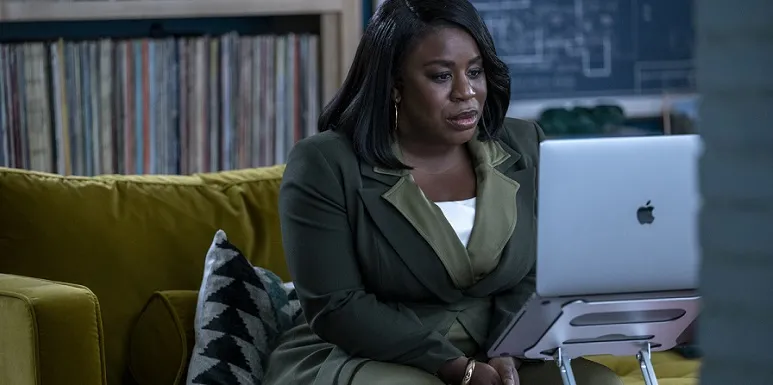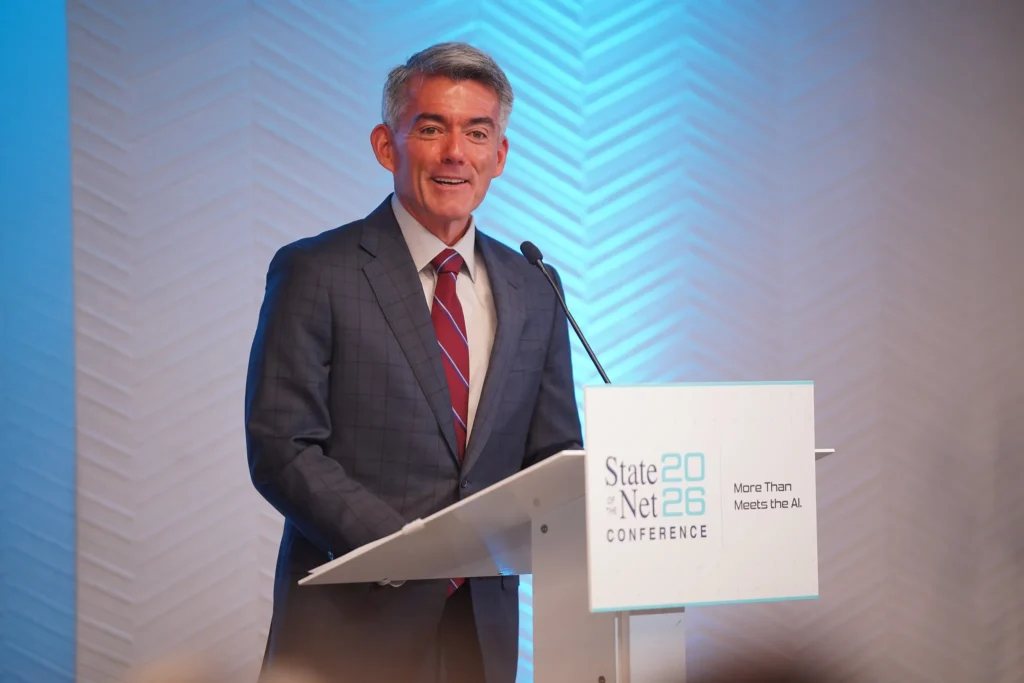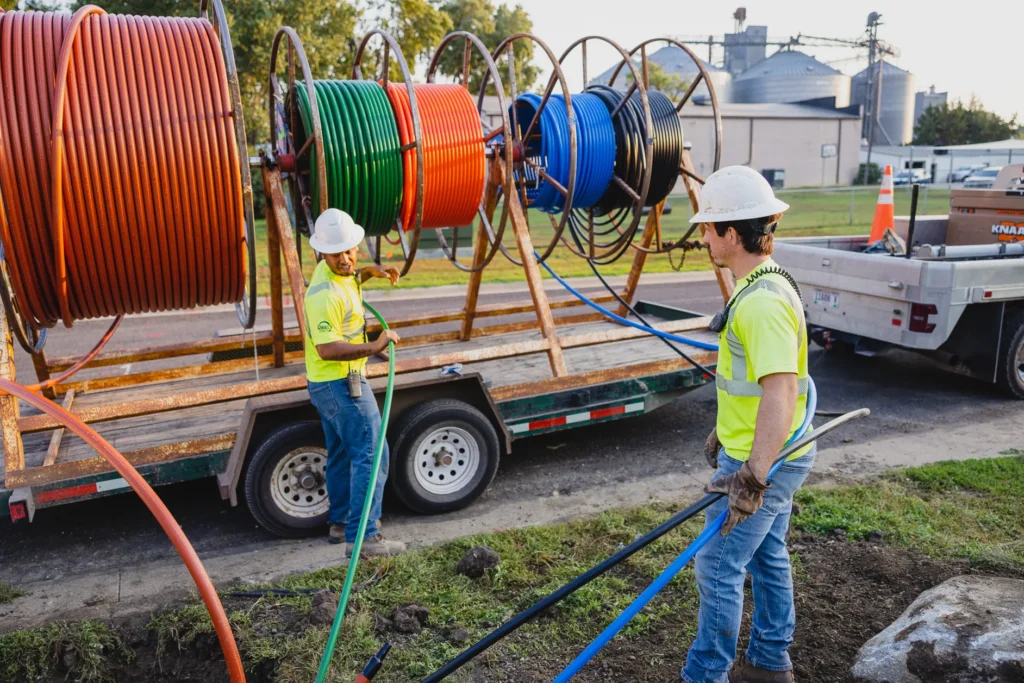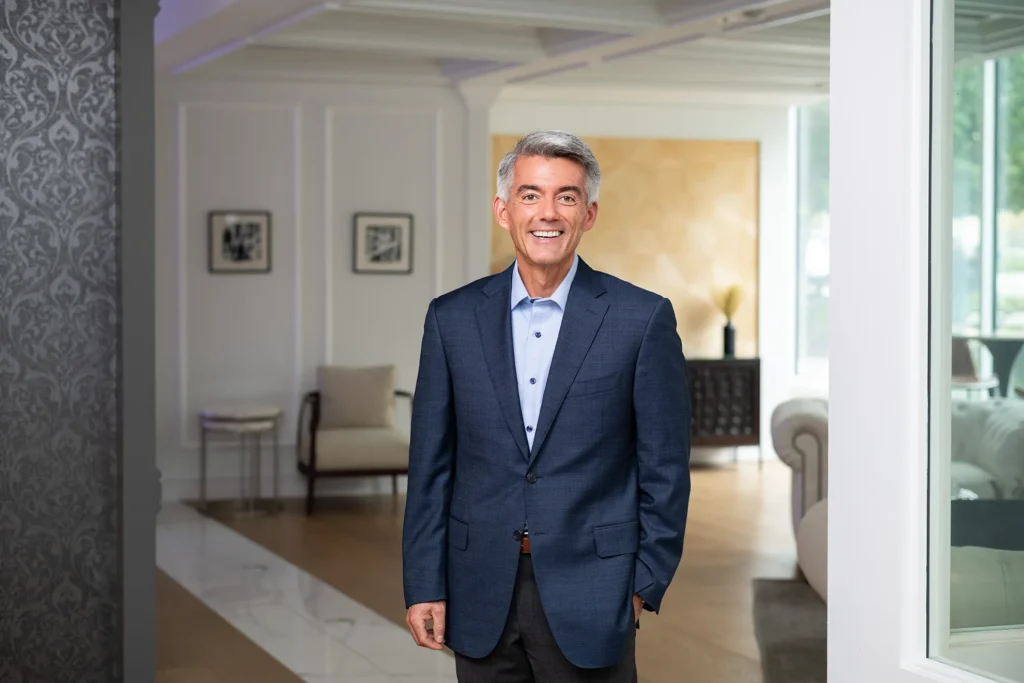The COVID-19 pandemic has had and continues to have a profound effect on TV productions. Productions were halted, premieres were delayed and obstacles were planted. Despite this, cable TV networks have shown that they have the ability to not only adapt to the new environment and overcome these challenges, but to continue to create and produce the rich and compelling stories that audiences have come to expect. During the virtual Television Critics Association press tour held earlier this month, executives, producers and talent from various shows expressed their awe and amazement of their teams who rose to the occasion time and time again throughout the difficulties of the past year. In many instances, show crews chose to look at their situation in a positive light. As the saying goes, “When life gives you lemons, make lemonade.”
Here a few highlights from the TCA tour and how TV networks forged ahead, making the best they could out of an unprecedented crisis.
Hallmark safely produced and shot a stunning 66 movies last year after the pandemic hit. Crown Media Family Networks CEO Wonya Luca said that the team pulled off an incredible feat by meticulously adhering to different state and local community guidelines for each location where they filmed. The network’s popular ‘Countdown to Christmas’ specials premiered without a hitch, and viewers would never know the challenges and obstacles that the network faced behind the scenes.
Lucas, who took the helm this past summer, also remarked that the pandemic revealed just how strong and adaptable her new team was, and that their ability to work under the unprecedented circumstances led to their production success. “Who imagines starting their dream job in the midst of a pandemic where your entire workforce is working remotely? And although certainly not ideal, I still had the opportunity to see the drive, vision and core values of this company under the toughest of circumstances and to truly appreciate the resilience, creativity and collaborative spirit of the team. There’s a quote that says, ‘Circumstances don’t make the person, they reveal the person.’ And I think it’s the same for organizations, and I can definitely say that Crown Media more than rose to the occasion in 2020,” said Lucas.
OWN‘s upcoming drama series, “Delilah,” was also filmed very carefully during the pandemic, specifically in Charlotte, N.C. Before shooting, script table readings were done over Zoom, with Oprah Winfrey herself joining to listen and engage with the cast. Safety protocols meant that the cast and production crew couldn’t sightsee around the city like they normally would in a new place, but the talent expressed that their filming conditions forced them to bond in a different way than they would have outside of the pandemic. Jill Marie Jones, who plays Tamara Roberts on the show, described having marathon calls with her co-star Maahra Hill, who plays Delilah. During these calls, they became closer and got to know one another on a deeper level before they even started shooting. “I don’t think anyone has ever said, ‘Thank God for the pandemic.’ I think that that’s strange to say, but because we had this, we had the time to really cultivate a real friendship,” said Jones.
Their strong relationship translated well to the screen, according to Creator and Executive Producer Craig Wright: “Because of their friendship, the actresses’ friendship, I think you can really see on the screen these two characters wishing and wanting to connect even though the situation was making it impossible … Because if it was one of those situations where the two lead actresses are in their trailers and hating each other, I don’t think the story would have the richness and complexity that it has. So I’m so grateful that they hit it off because it makes the show better.”
For Lifetime‘s joint production with Robin Roberts of the biopic, “Robin Roberts Presents: Mahalia,” which premiered earlier this month, the pandemic’s halting of the production actually worked in the show’s favor in some ways. Robin Roberts explained that she and the network wanted to make sure that the retelling of the life of Black gospel singer Mahalia Jackson did justice to not just Jackson, but to the civil rights movement, to communities in the South and to people of color. That meant taking a step back and rewriting parts of the script to ensure that the voices and tone were just right. “We were working on the script and it just wasn’t speaking to me … It was writing what we think Mississippi or Southerners should sound like and talk like especially people of color. And I wasn’t having that. There is a flavor to it and it’s one that I’m very proud of, but it was very important to me to get the right tone,” said Roberts. Roberts also shared that she and the team wanted to take their time to find the right fit for the lead of Mahalia. She added that the timing worked out perfectly after they found Danielle Brookes to play the iconic figure.
Networks also directed energy towards creating stories that reflect the current pandemic and the various ways it has affected people. One example of this is season four of HBO‘s “In Treatment” series. This May, the series will feature a new lead who replaces Gabriel Byrne. Uzo Abuda plays Brooke, the therapist at the center of the show, who treats a trio of patients throughout the series run in present-day Los Angeles.
The reimagining of the show and the plot for the new season came together during the pandemic. The importance of mental health is the thread that ties the show together, and never has the issue surfaced so visibly for many Americans than during the pandemic. The show portrays Brooke helping her patients navigate the COVID-19 environment in addition to other historic events that occurred in 2020. Scenes were also written in to convey the transition from Brooke performing in-person therapy meetings in her office to video conferencing sessions in her home. Executive Producer Jennifer Schuur commented that the show is “really an opportunity to be able to talk about the things that are touching us presently in a very deep and personal and meaningful way.” She continued, “There was a lot of thought that went into who we were going to treat as patients this season, and what Brooke would be also dealing with throughout her journey over the course of the season as well.”
No matter the obstacles or challenges thrown in the way, cable TV networks continue to find alternative and creative ways to produce stories that resonate with viewers. The pandemic won’t last forever, but viewers can take comfort in knowing that powerful stories will always find their way to the screen, even in the most unprecedented of circumstances.
Header Image: HBO’s upcoming series, “In Treatment”









